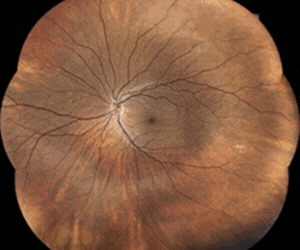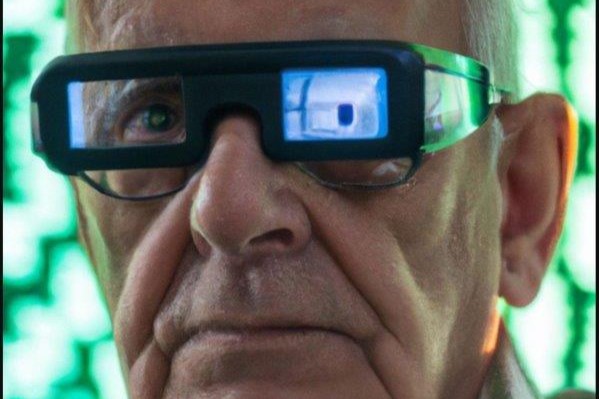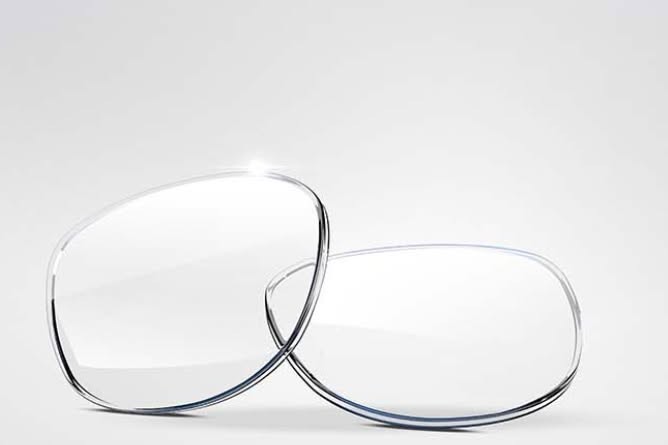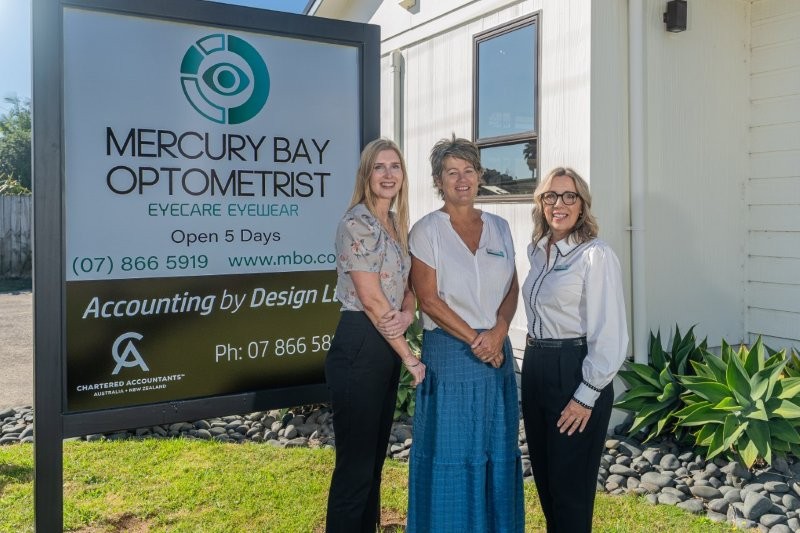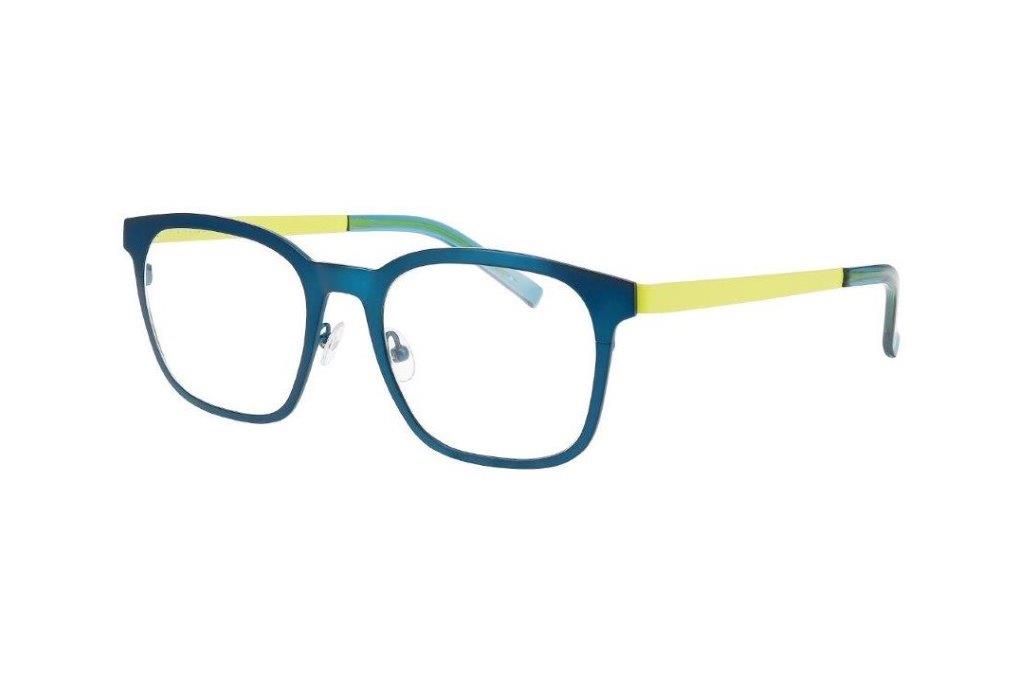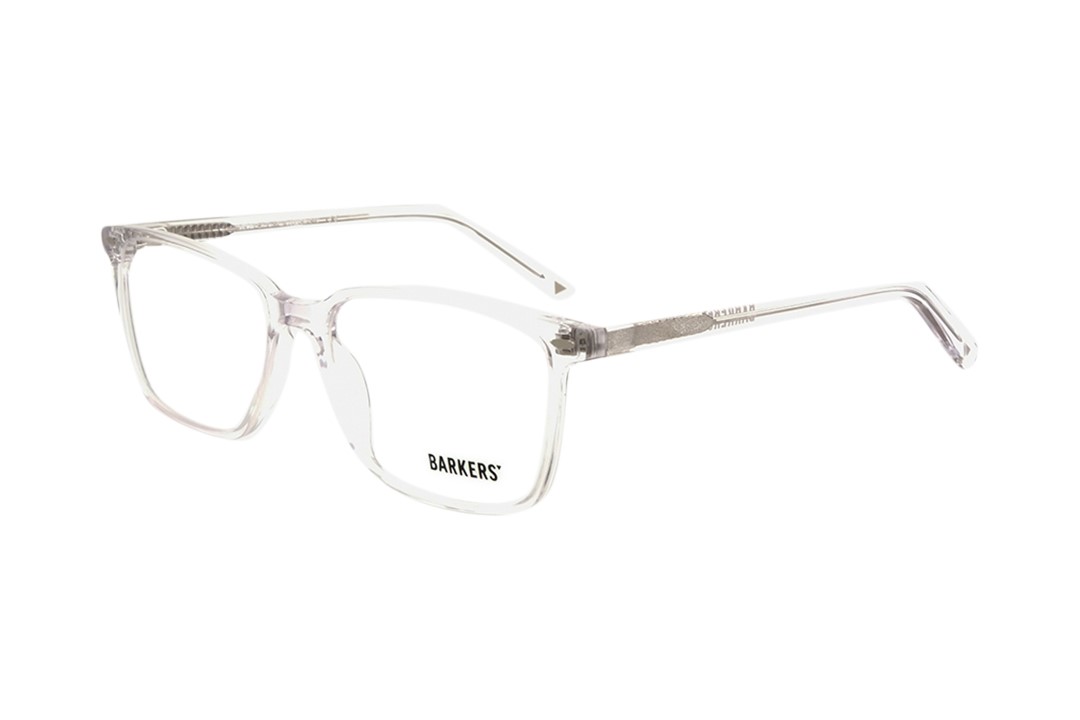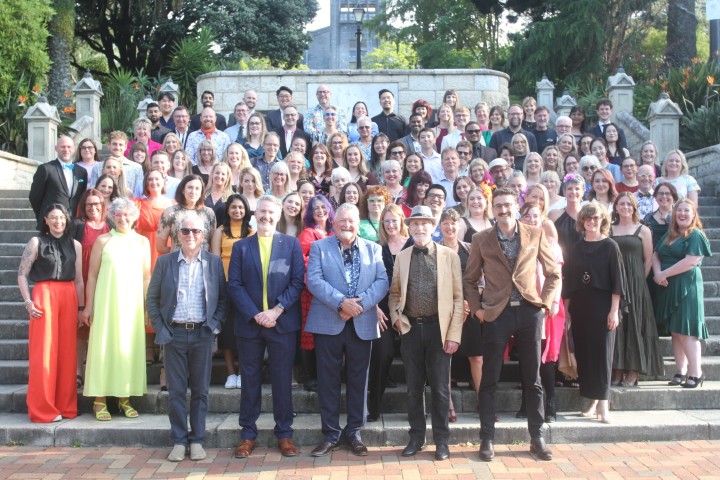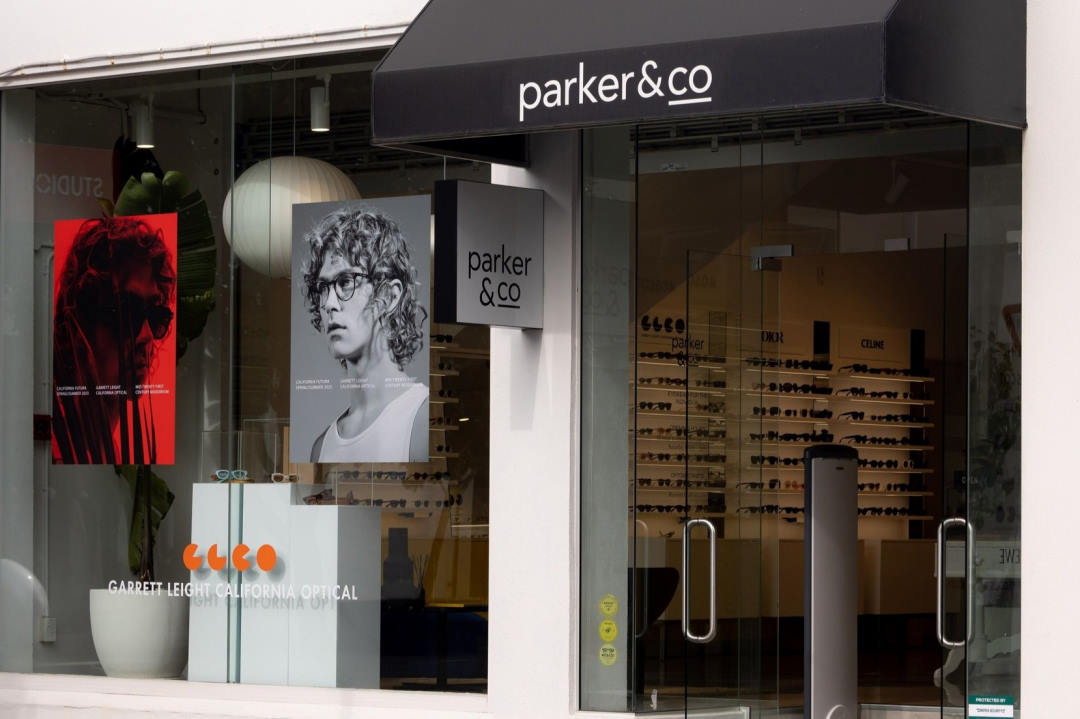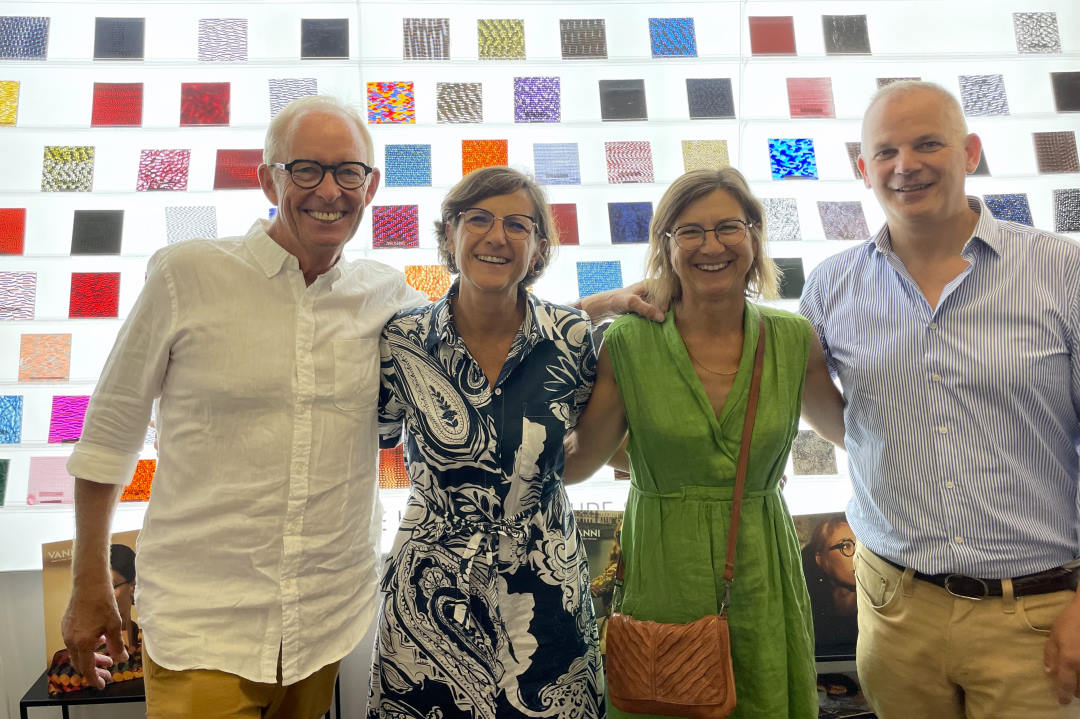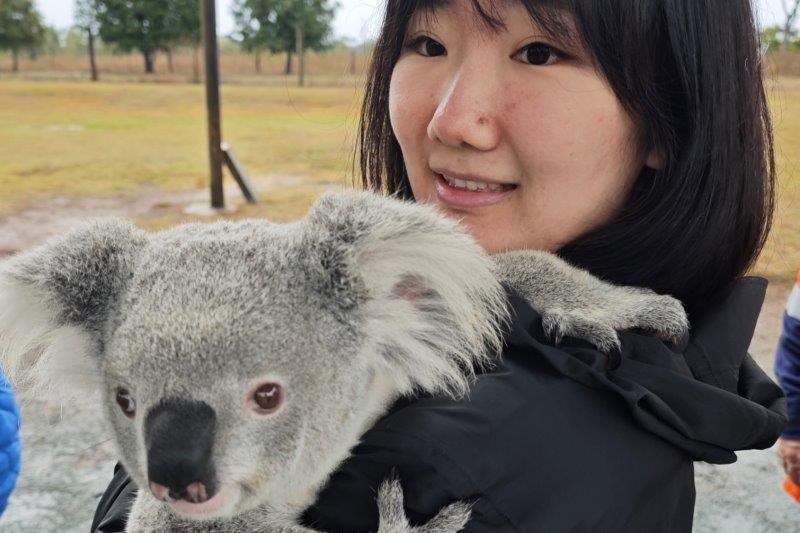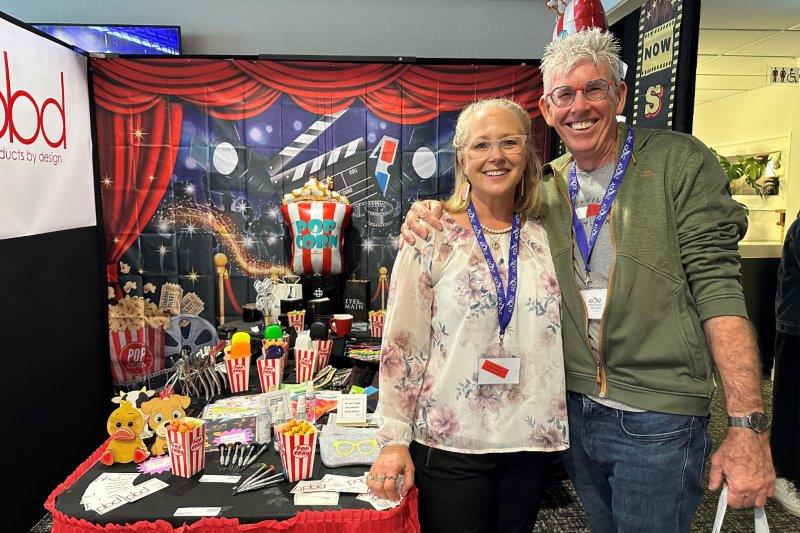AR navigation tool for the visually impaired
Researchers from Hong Kong and Canada have developed a novel augmented reality (AR) device, ObstAR, enabling navigation for visually impaired individuals.
Tailored to the diverse needs of visually impaired users, ObstAR (augmented reality obstacle detection) integrates algorithms for object recognition and scene analysis to provide customised support through visual and auditory outputs, including route navigation. One of its key functionalities lies in the development of an algorithm for image segmentation and information fusion, using RGB (red, green, blue) and depth-of-field cameras to enable real-time obstacle avoidance.
Led by Dr Allen Cheong, associate professor at the School of Optometry, Hong Kong Polytechnic University and Professor Ben Thompson, School of Optometry and Vision Science at the University of Waterloo, the research was supported by the Centre for Eye and Vision Research, a partnership between the two universities.
ObstAR was awarded the ‘Gold Medal with Congratulations of the Jury’ at the 49th Geneva Inventions Expo earlier this year. Upon receiving the accolade, A/Prof Cheong said, “We are on a mission to redefine independence for those living with vision loss. It is not just about creating an innovative product, but about bringing change and improvement to their lives.”






